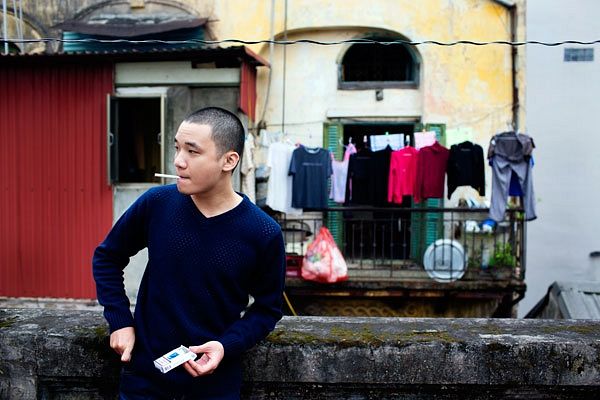Vietnam's popular chat app and social media platform, Zalo, was born from its creator's curiosity about hacking.
Quang Khai, executive vice-president of the Vietnamese conglomerate VNG and creator of Zalo, got his start in computer development after he hacked into the country’s largest IT conglomerate, FPT. This Week in Asia reports that when Khai broke into the system as a university student, he impressed the head of FPT so much that he was immediately offered a job. That position set him on a path that would eventually result in the creation of Zalo.
Khai, now 38, claims: “I wasn’t being ‘naughty’. I wanted to probe the system, purely out of curiosity.” His fascination with computers began at a young age. Growing up during the Doi Moi reforms that rapidly liberalized the Vietnamese economy, he was part of the first generation to be exposed to an influx of new technology. His mother sold watches and his father was a literary critic, which afforded him plenty of time to read books and play Nintendo. He vividly remembers being enamored by computers the first time he saw one inside a bank.
During his four years at FPT, Khai was one of the first people in Vietnam to work with the Internet. This early exposure helped him win a scholarship to pursue a master’s degree at Columbia University in New York. When he returned to Vietnam he joined VNG’s predecessor, Vinagames.
At VNG, Khai helped create Zing MP3 (a music service) and Zing Me (a social network), before starting work on Zalo in 2012. The messaging app now boasts more than 70 million registered users and is most popular in countries with large Vietnamese populations such as the United States, Singapore, South Korea and Japan, according to Singapore Fintech News. Khai has helped the company grow to more than 2,000 employees with projected earnings of more than US$180 million in 2017. It aims to be the first Vietnamese company to conduct an overseas IPO.
Zalo faced significant challenges early on. Khai explains: “It was an uphill battle because in early 2013, WeChat had a million users already and Line was very strong. We needed to select our own advantages and play to our environment.” Rather than adding extra features or seek in-app advertising revenue, Khai and his team focused on speed and reliability. The strategy worked and it is now one of only three chat platforms, along with Line and Viber, widely used in Vietnam, according to the Vietnam Economic Times. Of the three, it is the only one developed in Vietnam.
[Photo via The Gioi Di Dong]














